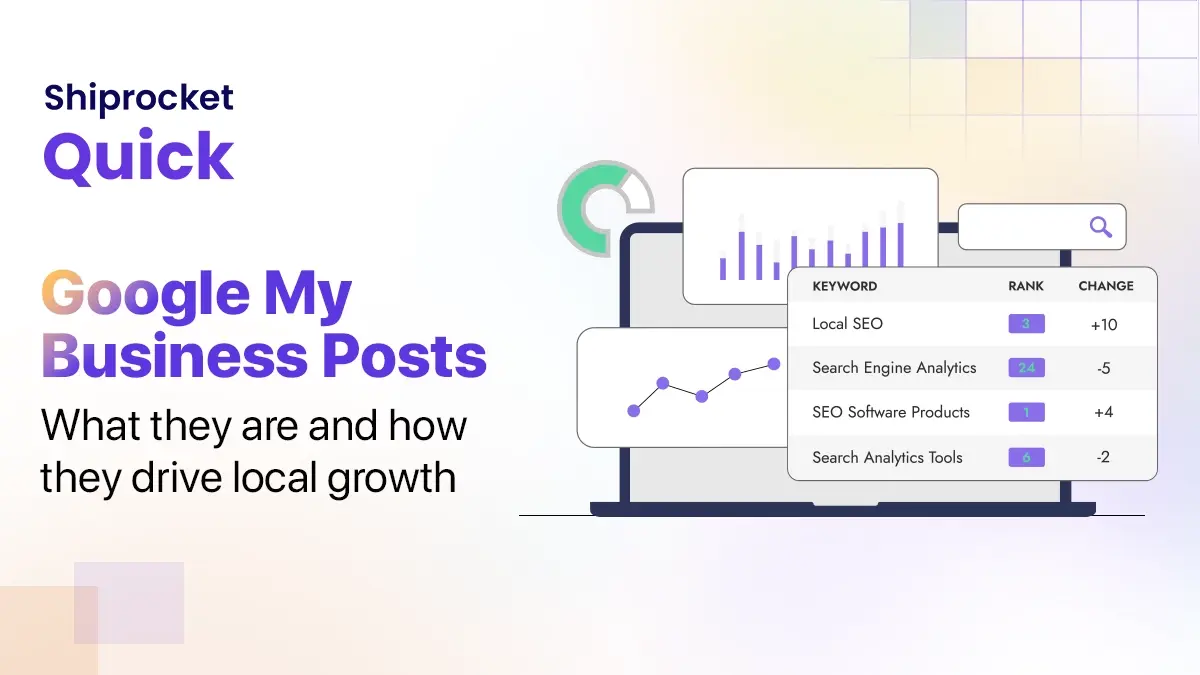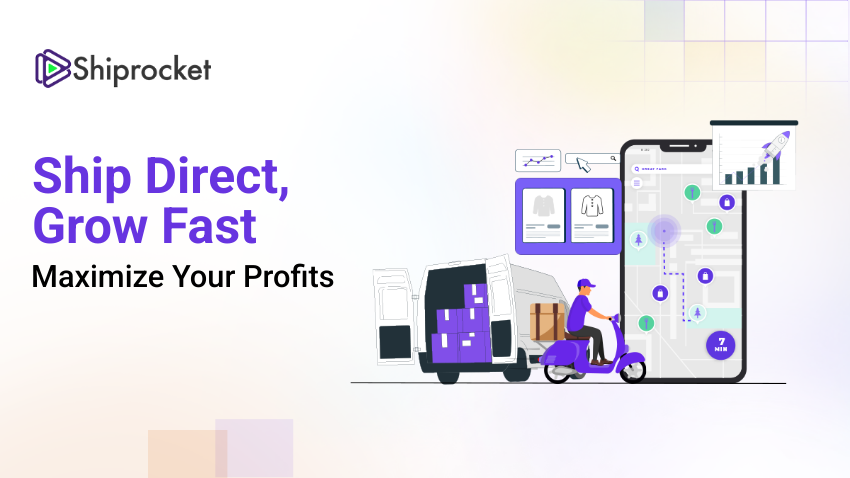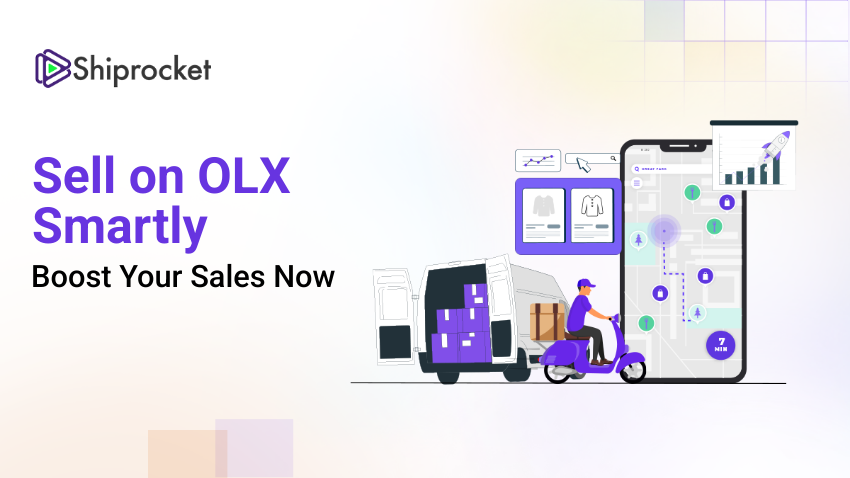Contract Logistics: Your Path to Supply Chain Success
This blog post explores contract logistics, a strategic partnership that goes beyond basic shipping. We will delve into what contract logistics entails, its key benefits for businesses, and how it can streamline your supply chain operations for greater efficiency and cost savings. Learn how partnering with a third-party logistics provider can transform your business.
Running a business in today’s fast-paced world means navigating an incredibly complex supply chain. From managing inventory to ensuring timely deliveries, the logistics can be overwhelming. Many companies find themselves spending valuable resources and time on tasks that distract from their core business goals.
This is where contract logistics steps in as a powerful solution. It is more than just outsourcing; it is a strategic partnership that can redefine your operational efficiency.
Think of it as having a dedicated logistics expert handling everything from warehousing to distribution, freeing you to focus on growth and innovation.
What Exactly is Contract Logistics?
Contract logistics refers to a long-term, comprehensive agreement between a business and a third-party logistics provider, often called a 3PL. This partnership involves the 3PL taking on a wide range of supply chain management functions, tailored specifically to the client’s needs. It is not just about moving goods from point A to point B.
Instead, contract logistics encompasses a broad spectrum of services. These include warehousing, inventory management, transportation, distribution, order fulfillment, and even value-added services like packaging, kitting, light assembly, and reverse logistics. The goal is to integrate these services seamlessly into your overall business strategy.
This partnership often involves a significant level of collaboration and data sharing. The 3PL becomes an extension of your operations, working to optimize your supply chain end-to-end. It is about creating efficiencies and reducing costs through specialized expertise and infrastructure.
What are the Core Benefits of Strategic Logistics Partnerships?
Engaging in contract logistics offers several compelling advantages for businesses of all sizes. These benefits directly impact your bottom line and operational agility.
One major advantage is cost reduction. By leveraging a 3PL’s existing infrastructure, technology, and economies of scale, businesses can significantly cut down on capital expenditures related to warehouses, vehicles, and logistics software. You also reduce operational costs like staffing, training, and maintenance.
Another key benefit is enhanced scalability and flexibility. As your business grows or market demands shift, a 3PL can quickly scale operations up or down without you having to invest in new facilities or personnel. This agility is crucial in dynamic markets.
Access to specialized expertise and technology is also a huge draw. Logistics providers are experts in their field, staying abreast of the latest technologies, best practices, and regulatory changes. This means you benefit from advanced inventory systems, sophisticated routing software, and efficient warehousing techniques without having to develop them in-house.
Furthermore, contract logistics allows you to focus on your core competencies. By offloading complex logistics tasks, your team can dedicate more time and resources to product development, marketing, sales, and customer relationships. This strategic focus can drive innovation and competitive advantage.
Lastly, it helps in risk mitigation. Supply chain disruptions can be costly. A robust 3PL partner often has contingency plans and a diversified network to navigate challenges like natural disasters or labor shortages, helping ensure business continuity.
What Are the Key Components of a Contract Logistics Agreement?
A well-structured contract logistics agreement typically covers several vital operational areas. Understanding these components helps you grasp the full scope of the partnership.
Warehousing and Storage
This involves the physical storage of goods in a 3PL’s facilities. It includes managing space, optimizing layouts, and ensuring proper handling and security for various types of products.
Inventory Management
Beyond just storage, a 3PL handles the tracking, forecasting, and optimization of inventory levels. This can include just-in-time inventory systems, cycle counting, and managing stock across multiple locations.
Transportation Management
This component covers all aspects of moving goods, from inbound freight to outbound distribution. It includes carrier selection, route optimization, freight consolidation, and tracking shipments.
Order Fulfillment and Pick and Pack
This is the process of receiving customer orders, picking the correct items from inventory, packaging them, and preparing them for shipment. Efficient fulfillment is critical for customer satisfaction.
Value-Added Services
These are extra services tailored to specific client needs. Examples include kitting (assembling multiple items into one package), labeling, specialized packaging, quality checks, and reverse logistics (handling returns and repairs).
Conclusion
Contract logistics is more than just a service; it is a strategic partnership that empowers businesses to thrive in a competitive landscape. By entrusting your supply chain operations to a specialized third-party logistics provider, you unlock significant cost savings, gain unparalleled flexibility, and access world-class expertise and technology.
This allows your business to reallocate precious internal resources towards innovation, market expansion, and strengthening customer relationships. Ultimately, it streamlines your entire operational flow, ensuring your products reach customers efficiently and reliably. Embracing contract logistics can be the smart move that propels your business forward.
How Shiprocket Elevates eCommerce Logistics
For eCommerce and D2C brands, managing logistics efficiently is paramount. Shiprocket offers comprehensive solutions that directly align with the principles of contract logistics, providing a powerful backbone for your supply chain. We simplify fulfillment, warehousing, and shipping complexities, allowing you to focus on your brand’s growth.
Our fulfillment network, for example, gives brands access to a vast array of warehousing and fulfillment centers strategically located across India. This allows for faster delivery times and reduced shipping costs. Features like automated shipping, courier aggregation with multiple partners, and post-purchase experience tools further streamline operations, offering a complete solution from order placement to final delivery.
The terms 3PL and contract logistics are often used interchangeably, but contract logistics implies a deeper, more strategic, and long-term partnership with a 3PL. While a 3PL might offer transactional services like a single shipment, contract logistics involves a comprehensive agreement covering multiple integrated supply chain functions and a shared goal of optimizing the client’s operations over time.
Contract logistics saves money in several ways. It reduces capital expenditure by eliminating the need for businesses to invest in their own warehouses, fleets, and technology. It also lowers operational costs through the 3PL’s economies of scale, optimized processes, and specialized staff, leading to more efficient resource utilization and fewer errors.
Businesses of all sizes can benefit, but it is particularly impactful for those with complex supply chains, fluctuating demand, or limited in-house logistics expertise. eCommerce companies, manufacturers, retailers, and D2C brands often find significant value in contract logistics due to the need for efficient warehousing, rapid fulfillment, and scalable shipping solutions.
Yes, absolutely. A good contract logistics partnership is built on collaboration and transparency. While the 3PL manages the operational execution, you maintain strategic oversight and decision-making power. Clear communication, service level agreements, and performance metrics ensure you retain control and visibility over your supply chain processes.






